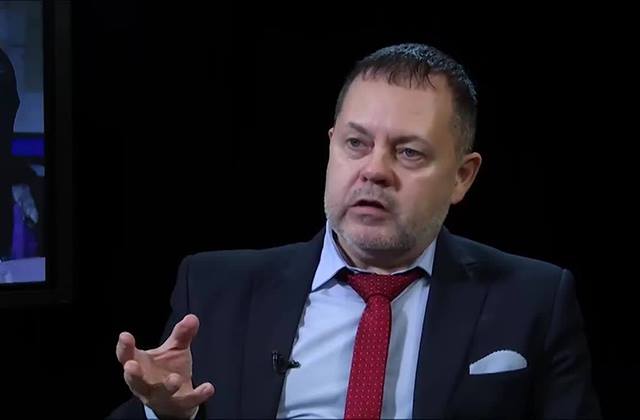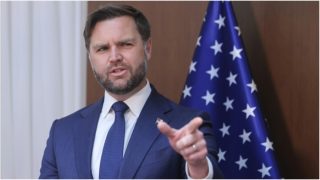They may Calmly Advance: Grigory Trofimchuk

The only conclusion of Azerbaijan: after Vienna and St. Petersburg results of the trilateral Sargsyan-Putin-Aliyev meeting held upon leadership of Vladimir Putin, RF president in St. Petersburg continue raising new issues among the expert and political circles. “168 Hours” talked to Grigory Trofimchuk, foreign affairs, security and defense analyst on these issues.
Mr. Trofimchuk, negotiations on peaceful settlement of NK conflict were held in St. Petersburg. They were held by a few stages. Prior to the meeting you gave us an interview and stated, “If the meeting is held in the territory of Russia, it’ll be another meeting with “let’s live in peace” spirit. To your assessment which were the results of negotiations launched in Russia’s northern capital?
My anticipation on “June meeting,” to which everybody was waiting with great attention and tension, was confirmed—the summit wasn’t a breakthrough for NK conflict peaceful settlement process. However, an important tactical success was recorded at the meeting: negotiations provided the opportunity to prolong the ceasefire on the conflict zone for a certain period. We may directly say, results of the meeting in St.Petersburg are not beneficial to Baku, as prior to negotiations Azerbaijani president openly stated that continuation of the “status quo” is unacceptable for the Azerbaijani side.
Resolution on expansion of observation mission may be considered a progress for the Armenian side. The statement adopted in St. Petersburg as a result of negotiations allows to officially consider “aggressor” the side, which will violate the ceasefire after the summit. Another important result in NK conflict settlement process was maintenance of Russia’s role as a chief player. However, the situation in this regard is extremely fragile and instable, as Washington will increase its influence recording for itself the point that it didn’t propose anything new in St. Petersburg, basically, remaining in its positions based on calls of peace and friendship.
Some international specialists claimed that results of this meeting were more crucial in the context of Moscow-Washington relations that the confronting sides started to act upon some agreement. What do you think in this regard?
It’s been a long time that Moscow and Washington don’t act in coordination (the two capitals acted in coordination last within Apollo-Soyuz Test Project of 1975). Situation around Ukrainian and Syrian wars rather clearly shows it. However, as already mentioned, we shouldn’t exclude that under “coordinated steps” the USA will attempt to cheat Russia in NK conflict settlement process. Thus, by using discontent of Baku it radically intensified its influence not only towards NKR, but the situation in the South Caucasus, including Armenia. In any case after the meeting in St. Petersburg Washington will increase pressure towards Moscow, as it didn’t record sensations, which was expected from it. To be more exact, Washington made a clear conclusion for itself, that in this field Moscow has already been expended.
What should be anticipated after this meeting?
In fact, control on the contact line won’t give anything, as each side will blame its adversary, and will claim its dispositions introducing its own calculations on violations. Karabakh war hasn’t been suspended, it’s simply timely postponed. In fact, the main test of assessment of further development of the situation is becoming the narrow regional zone, which is controlled by Azerbaijani army after April. And as nobody has touched upon it, nobody had paid attention to this issue neither in Vienna nor in St. Petersburg, then we should consider that Azerbaijan will draw the only conclusion for itself—they may calmly advance.
By Araks Martirosyan

























